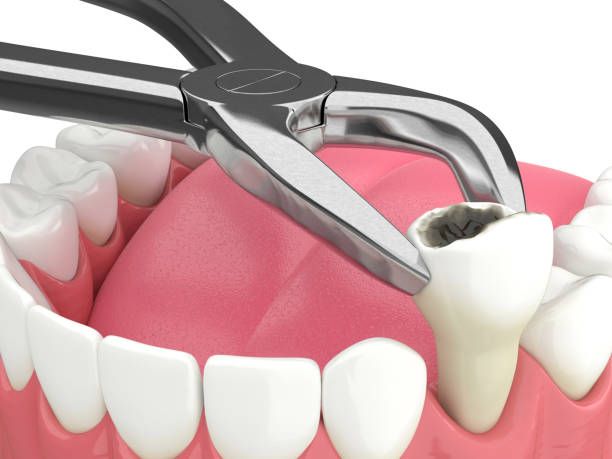
Third Molars are known as wisdom
teeth, the last teeth to come out between the ages of 17 and 25. As there is no
room in the jaw, they usually fail to develop correctly, and this causes
numerous problems. Wisdom teeth removal is a regularly performed surgical
procedure by a dentist or an oral surgeon. It is frequently required to avert
biting health complications in case of arising problems and to ascertain the
long-term health of the whole mouth.
Indications:
● Impaction: This is the most common
one. The tooth tongue gets stuck in the jawbone or gum itself, unable to break
through. This may lead to pain, swelling and the destruction of the
neighbouring teeth.
● Crowding and Misalignment: Due to the pressure exerted on wisdom teeth as they aim to surface, the teeth may get crowded and misaligned in position. This may influence an individual's bite and undermine the past orthodontic correction.
Effects:
● Easing of Pain and Discomfort: The
first direct effect is eliminating pain, pressure, and swelling that affects
impacted or infected wisdom teeth.
● Avoidance of Destruction of the
Teeth Around the Wisdom Tooth: Extraction helps avoid damage to the second
molars by the wisdom teeth, thus protecting them.
● Better Oral Hygiene: The wisdom
teeth are removed, which makes it easier to clean the back of the mouth well;
therefore, chances of cavities and gum problems at the back of the mouth will
be minimised.
● Prevention of Future Issues: Extraction of troublesome
wisdom teeth spares one the chances of pain, infection and crowding in the
future, giving a healthier and more stable smile.
